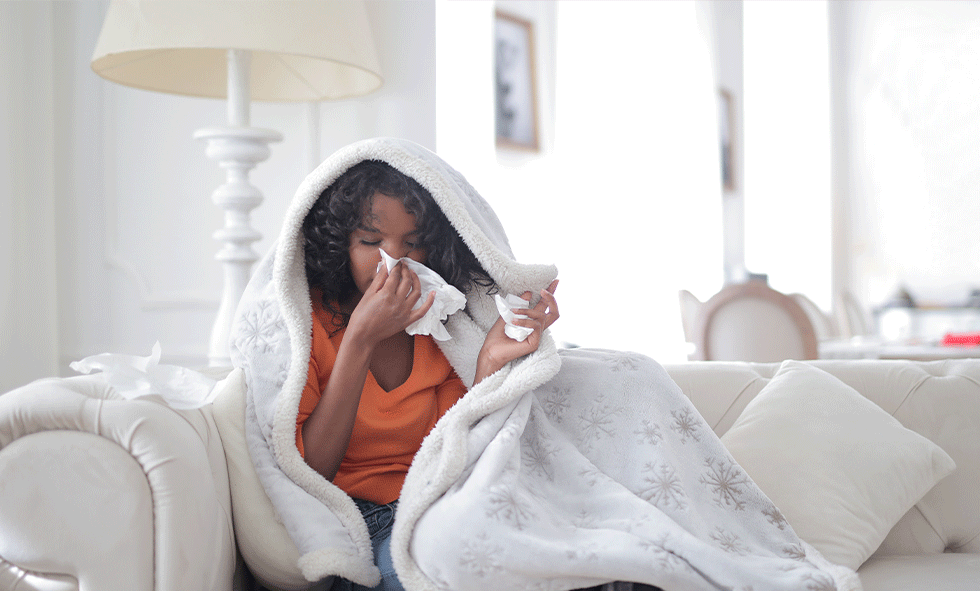According to a study published in ERJ Open Research, teens that are prone to staying up and waking later are more likely to suffer from allergies and asthma compared to those who go to sleep and wake earlier.
Researchers have seen a strong link in the past between asthma symptoms and the body’s internal clock. However, this is the first study that considers how sleep preferences influence asthma risk in teens.
Researchers consider this study to be another piece of research that demonstrates the importance of sleep timing. They hope the study encourages new research into the effects of sleep on respiratory health.
The team chose to study the relationship between sleep and respiratory health because of the increasing worldwide prevalence of asthma and allergic diseases in children and adolescents. Tobacco smoke and pollution definitely account for this increase, but the team still feels there is more to learn.
Details of the study
The study took place in India among 1,684 adolescents, ages 13-14. Each participant reported symptoms such as a runny nose, sneezing, wheezing, or an asthma diagnosis. The teens answered questions about day/nighttime preferences and when they are typically sleepy. They also noted how tired they feel first thing in the morning and when they prefer to get up.
Researchers considered not only the symptoms and sleep preferences but other factors that affect allergies and asthma. These factors included whether their family members smoke and where the participants live.
Results of the study
The team discovered allergic rhinitis to be twice as high in late-sleepers and asthma was around three times higher.
The researchers noted that staying up late may not necessarily cause asthma, but we do know that the sleep hormone melatonin is many times out of sync for late-sleepers. This could influence the allergic response for teens.
The team hopes other researchers will be encouraged to join them in their efforts, and wonders if encouraging teens to unplug from screens which often keep them up later could help decrease asthma and allergy risk.
Plans for future research into the link between allergies, asthma and sleep
In 2028-29, the research team plans to begin a second phase of the study. The study will repeat with a new group of teenagers to see if there has been any changes in teen sleeping habits and respiratory health.
We know sleep is vitally important for many of the body’s functions and organs including the heart. To learn healthy sleep tips, visit ccmhhealth.com/center-for-sleep-medicine/sleep-tips.
Disclaimer
The Comanche County Memorial Hospital website does not provide specific medical advice for individual cases. Comanche County Memorial Hospital does not endorse any services obtained through information provided on this site, articles on the site or any links on this site.
Use of the information obtained by the Comanche County Memorial Hospital website does not replace medical advice given by a qualified medical provider to meet the medical needs of our readers or others.
While content is frequently updated, medical information changes quickly. Information may be out of date, and/or contain inaccuracies or typographical errors. For questions or concerns, please contact us at contact@ccmhhealth.com.

